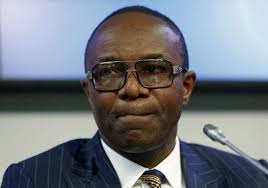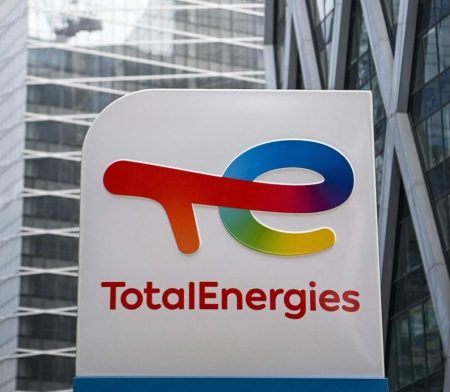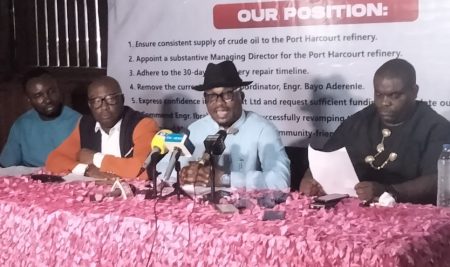
…National Assembly to conclude PIGB harmonisation this month
Princewill Demian
13 March 2018, Sweetcrude, Abuja – The Minister of State for Petroleum Resources, Dr. Emmanuel Ibe Kachikwu, has indicated that workers of regulatory agencies like the Department of Petroleum Resources (DPR) and the Petroleum Products Pricing Regulatory Agency (PPPRA) would be absorbed into the new petroleum industry regulator to be set up by the Petroleum Industry Governance Bill (PIGB).
Kachikwu disclosed this at a roundtable on Understanding the PIGB, organised by the Nigeria Natural Resource Charter (NNRC) and the Media Initiative on Transparency in the Extractive Industry (MITEI).
Kachikwu, who was represented by his Senior Technical Adviser on Policy and Regulation, Mr. Adegbite Adeniji, explained that DPR and the PPPRA would be scrapped and merged with the Petroleum Regulatory Commission (PRC) as stipulated by the Bill.
According to him, “Where there are gaps in the manpower in there, it provides an opportunity for people to be appointed from outside because, again, you want to put in new ideas, fresh legs in the whole process.
“In that process, you preserve the jobs, and you also attract a pathway for the employment of other skills from outside to help energise the new system you are trying to build. We are taking the entire petroleum industry into an entity that is statutorily independent, from political interference.
“The way the minister can interfere is through policy directions. The policy directives must emanate from published policies. That is to say this is the policy of the country and it must be a consistent policy.”
Also speaking at the event, Director of Acanthus HT Limited and consultant to National Assembly on petroleum matters, Mr. Francis Adigwe, assured that the harmonisation of Petroleum Industry Governance Bill (PIGB) would be concluded this month.
Adigwe told participants at the event that there would be no more delay on the part of the National Assembly, stressing that members of the harmonisation committee had already been named.
“The bill will be harmonised. I do not think that is an issue. The harmonisation will have to be completed, in my own estimation, this month.
“The chairmen of the harmonisation committee from both the House of Representatives and that of the Senate, and members of the committee have already been named. So, I do not think there would be any issue arising from the internal efforts of the National Assembly,” he stated.
National President of Nigerian Association for Energy Economics (NAEE), Prof. Wumi Iledare, during a presentation on ‘Critical Reform Issues and Recommendations’, expressed concern over the implementation of the bill if eventually passed into law, adding that effective implementation of such bill required very competent people.
He, however, noted that all the regions of the federation had competent people that could effectively carry out the implementation of the bill.
Programme Coordinator NNRC, Mr. Tengi George-Ikoli, noted, among other things, that Nigeria had incurred enormous loss resulting from poor legal framework and structure within its extractive sector.
George-Ikoli said Nigeria had lost over $235 billion due to its inability to pass the Petroleum Industry Bill (PIB) into law since the reform in the Nigerian Petroleum industry was kick-started almost two decades ago.
The PIGB seeks to unbundle the Nigerian National Petroleum Corporation (NNPC) and provide for the establishment of Federal Ministry of Petroleum Incorporated, Nigerian Petroleum Regulatory Commission, Nigerian Petroleum Assets Management Company, and National Petroleum Company and Petroleum Equalisation Fund (PEF).
The law will, among other things, ensure the establishment of a new regulatory agency known as Nigeria Petroleum Regulatory Commission (NPRC) which would take over the functions of Petroleum Inspectorate (PI), the Department of Petroleum Resources (DPR), and the Petroleum Products Pricing Regulatory Agency (PPPRA).
Some of the identifiable changes proposed by the National Assembly report were for a slim, focused, yet robust framework for effective institutional governance of the Nigerian petroleum industry.



